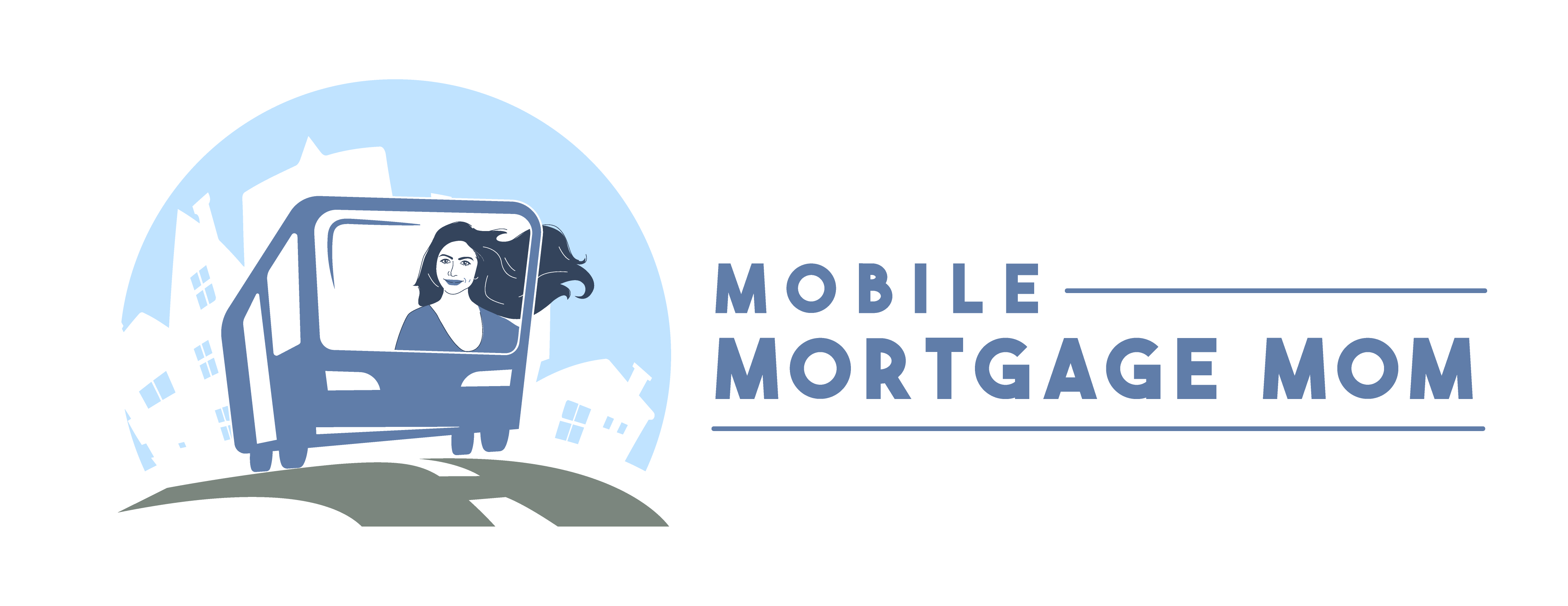What is a Conventional Mortgage?
A conventional mortgage is one that’s not guaranteed or insured by the federal government. Instead, they are available through private lenders, such as banks, credit unions, and mortgage companies.
Conventional mortgages have a fixed rate of interest, which means that the interest rate does not change throughout the life of the loan. This gives homebuyers a sense of stability that is not present in the case of, say, an adjustable-rate mortgage. Interest rates for conventional loans tend to be lower than rates for FHA loans yet higher than those of VA loans.
Conforming conventional loans must fall within the limits set by Fannie Mae and Freddie Mac. As of 2023, the limit is $726,200. If the loan surpasses that limit, it becomes a jumbo (non-conforming) loan.
Usually, you’ll be able to borrow more money on a conventional loan than on a FHA loan.
Potential borrowers must complete an official mortgage application (and usually pay an application fee), and then supply their lender with the necessary documents to perform an extensive check on their background, credit history, and current credit score.
